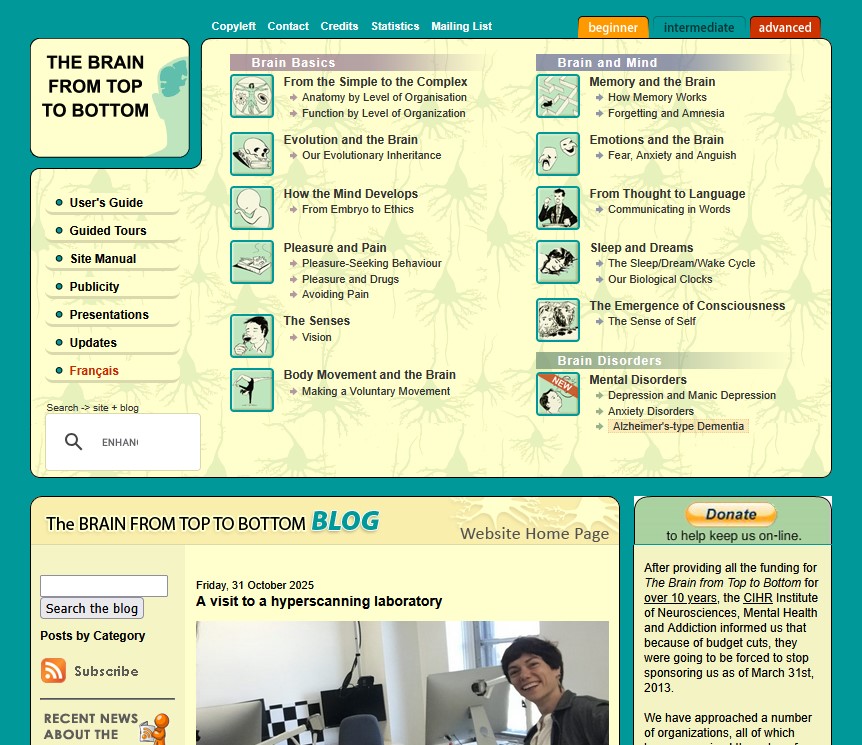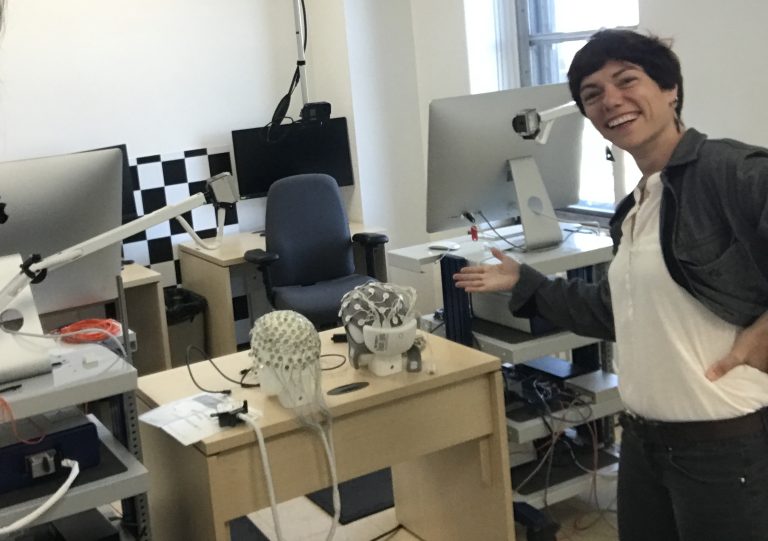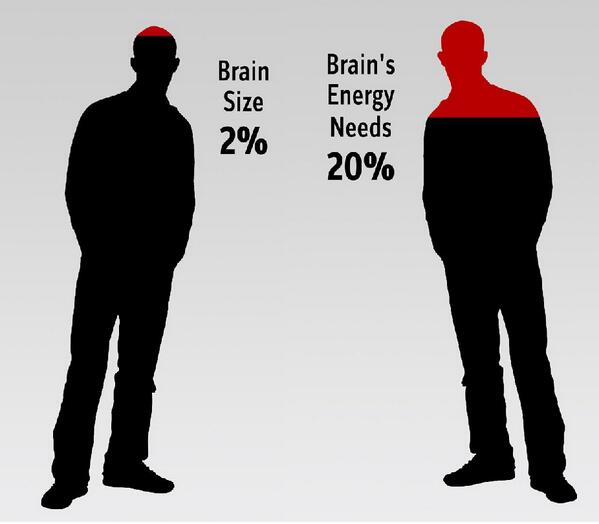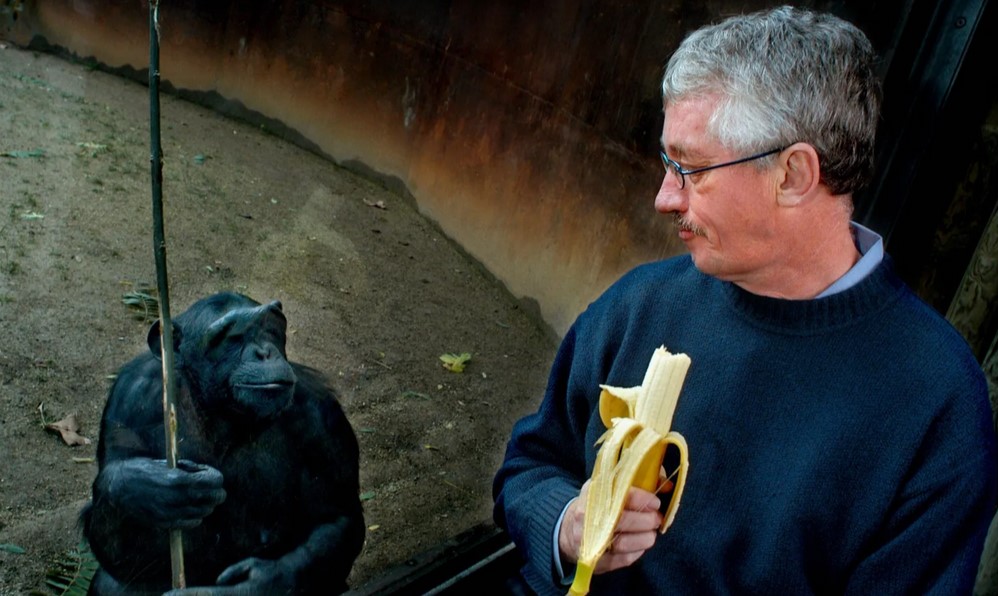Friday, 9 January 2026
Migration of the website from thebrain.mgill.ca to thebrain.lecerveau.ca

In December 2025, I migrated my website The Brain from Top to Bottom from www.thebrain.mcgill.ca to www.thebrain.lecerveau.ca. (If you have visited the site since then, you may not even have noticed, because if you type the old address into your browser, you are now redirected to the new one automatically, and that new address appears in the browser’s address bar.) At the same time, I migrated the French version of this site, Le cerveau à tous les niveaux, from www.lecerveau.mcgill.ca to www.lecerveau.ca. Here too, if you now type the old address, you will be directed to the new one automatically. The main reason that I made these moves is that the McGill University server that used to host this site was constantly being updated with new security and other features that were highly complex and incompatible with this site as I had originally designed it. In this post, I want to share the history behind my decision to migrate these sites.
Back in the late 1990s, a revolutionary new medium was coming onto the scene: the World Wide Web, with its websites and hyperlinks, making information available for free, 24 hours per day, 7 days per week, all around the world. For much of that decade, I had been writing on many different scientific topics for magazines aimed at general audiences and for a children’s television show. But now I wanted to focus on the scientific fields that had always excited me the most: neuroscience and cognitive science. To do so, I decided to create a website called Le cerveau à tous lex niveaux/The Brain from Top to Bottom, structured so that for any given topic, users could navigate among three different levels of explanation and five different levels of organization by clicking links at the top of the page.
My many initial attempts to secure funding for this site were unsuccessful. People thought my plan was too ambitious, and some suggested that I try something simpler, focusing on a single topic such as the neuroscience of vision or of body movement. Finally I found a Quebec government grant program for which my approach was suitable. But to be eligible, I had to persuade some institution to endorse my project and even contribute a bit to it financially. Luckily, at the time I was working as an administrative assistant for a series of workshops organized by Dr. Maurice Dongier of the Douglas Hospital in Montreal, which is affiliated with McGill University. Dr. Dongier was kind enough to persuade McGill to host the site. This contribution in kind satisfied the grant program’s requirement for a financial contribution from an institution, and I ended up receiving my grant.
So that’s how my website wound up being hosted on a server at McGill University, even though I had practically never set foot there. Over the following 10 years, I often received emails conveying compliments to the “McGill staff”, even though I was the only one writing the content (in French), with my faithful colleagues Denis Paquet, Patrick Robert and Al Daigen (all of them freelancers like me) taking care of the graphics, programming and French-to-English translation, respectively. But the McGill name in the site’s address did gain it some recognition. Many people even referred to it as “the McGill site about the brain”, and I did receive excellent technical support from two McGill staffers, Ron Hall and Alain Plante. They have resolved many issues for me over the years, and I want to thank them here.
The problem was that, as I alluded to earlier, it kept getting harder and harder for me to meet McGill’s requirements for hosting my site on its server, which were clearly too demanding for my little team. At one point in the fall of 2025, I actually lost access to my files. To get it back, I would have had to become a McGill “affiliate”, which would have involved a huge amount of red tape with no guarantee that my problems would be solved for good. In short, the time had come to cut my ties with McGill, and that is what I did late that fall, migrating the site to a server operated by Koumbit.org, a Montreal-based, not-for-profit, worker-managed collective that was already hosting some of my other websites. Here I would like to thank Virgile and the entire Koumbit team for having greatly facilitated this tricky transition.
I’m very happy that my website is now hosted by Koumbit, because it provides a humane, ethical alternative to big technology firms. I must also admit that I’m relieved that this site is no longer associated with McGill, for several reasons. I could go as far back as the controversy surrounding its founder, James McGill, an enslaver who built his fortune through the British colonial system. But my colleague Yvon D. Ranger and I have also been appalled by McGill’s 2024 decision to suppress pro-Palestinian activists and dismantle their encampment protesting the genocide being committed by the Israeli state in the Gaza Strip. On a more personal note, when the Harper government cut all my federal funding for this site in 2013, and I tried to get new funding from McGill to let me keep creating new content for it, I got bounced around from one department to another for six months, with no results. Finally, I threw in the towel, stopped creating new content for the site, and focused on writing weekly posts for its associated blog while also giving lectures based on its content.
Thus, as the author of The Brain from Top to Bottom, I can now look forward to its upcoming 25th anniversary with much less cognitive dissonance and much more excitement about the new things I’ll be telling you about in the coming year.
From the Simple to the Complex | Comments Closed
Friday, 31 October 2025
A visit to a hyperscanning laboratory

Last September, thanks to doctoral student Anne Monnier, I had the chance to visit the laboratory where she is doing her research, directed by Guillaume Dumas at the CHU Ste-Justine research centre in Montreal. I have written about Dumas in an earlier post in this blog, in which I described the hyperscanning technique being used for several research projects at this “precision psychiatry and social physiology” laboratory. (more…)
From Thought to Language, Mental Disorders | Comments Closed
Monday, 19 May 2025
Why does your brain consume so much energy?
 Your brain accounts for only about 2% of your body weight, but 20 to 25% of all the oxygen and glucose that your body consumes. Why this vast disparity? Until about 20 years ago, people tended to think of the brain as an organ that waited passively for stimuli and then reacted to them. But more recent neuroscientific research paints a very different picture of the brain, as an organ constantly engaged in intrinsic, spontaneous activity. Metaphorically, people used to imagine the brain as a calm, flat body of water, onto which a drop of rain occasionally fell and created a few ripples. Now scientists have shown us that the brain is a place where it is always raining, so that when one drop of rain falls, the small disturbance that it creates merges into something larger that is already highly active.
Your brain accounts for only about 2% of your body weight, but 20 to 25% of all the oxygen and glucose that your body consumes. Why this vast disparity? Until about 20 years ago, people tended to think of the brain as an organ that waited passively for stimuli and then reacted to them. But more recent neuroscientific research paints a very different picture of the brain, as an organ constantly engaged in intrinsic, spontaneous activity. Metaphorically, people used to imagine the brain as a calm, flat body of water, onto which a drop of rain occasionally fell and created a few ripples. Now scientists have shown us that the brain is a place where it is always raining, so that when one drop of rain falls, the small disturbance that it creates merges into something larger that is already highly active.
This major paradigm shift originated in the observation that the brain generates neural activity patterns spontaneously, regardless of what is happening in the individual’s environment. In your earliest stages of development, you may see no apparent connection between these patterns and the world around you. But they become more meaningful as you grow, acquire experience and begin to see how your actions in certain situations affect the world around you.
From the Simple to the Complex | Comments Closed
Wednesday, 23 April 2025
Our two ways of thinking and the inhibition of the frontal cortex

The human brain is often described as having two main ways of thinking: one of them fast, automatic and unconscious, the other slower, more flexible and requiring conscious control. Each of them has its own benefits and drawbacks. The first—let’s call it “System 1”—is based on the sum of the habits, stereotypes and received ideas that we have acquired since childhood. System 1 doesn’t provide us with any ready-made solutions, but instead sends us down paths to possible or likely ones. In contrast, System 2, with its logical, rational thinking, is slower and more careful. It proceeds by deduction, inference and comparison. System 2 is what lets us see past our conditioning and beyond appearances. (more…)
From Thought to Language | Comments Closed
Monday, 17 March 2025
Frans de Waal’s legacy on “human nature”
I have just learned the sad news that the great Dutch primatologist Frans de Waal died in March 2024, at the age of 75. De Waal was both a fine researcher and a peerless communicator about his discipline to the general public.
As the United States continues its descent into techno-fascist oligarchy, many people are now rightly wondering what “human nature” is all about. De Waal did much to show that contrary to the theory of philosophers such as Thomas Hobbes, that human beings are fundamentally selfish and human morality is just a thin cultural veneer, human nature actually has deep evolutionary roots in empathy and reciprocity that are abundantly demonstrated by the behaviour of non-human primates and even of other mammals. The quote from de Waal that I was looking for this morning reveals that “human nature” is more complex and nuanced. We humans, with our brains three times the size of those of the chimpanzees and bonobos who are our closest living cousins, can be both more aggressive than the former (who sometimes gang up to kill isolated members of other groups) and more altruistic than the latter (who are well known for using sex to settle conflicts). (more…)
Uncategorized | Comments Closed








